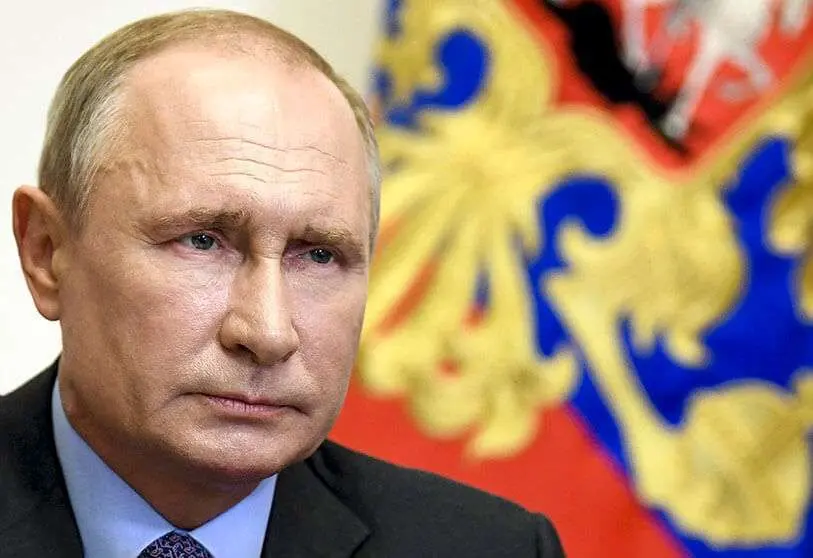Russia against NATO

An intense week of contacts and negotiations between Russia and the United States lies ahead. The meetings are taking place in the framework of long-range and nuclear arms control, bringing together officials from Washington and Moscow in Geneva; the NATO-Russia Council in Brussels; and the OSCE (Organisation for Security and Cooperation in Europe) plenary meeting in Vienna. The mere fact that these meetings are taking place is positive and may serve to ease as much as possible the tension that has been building up in recent months over the situation in Ukraine and, more recently, the crisis in Kazakhstan. The presidents of the United States, Joe Biden, and Russia, Vladimir Putin, have held several video conferences in the last three months that have served, at least, to prevent suspicions and possible hostilities in Ukraine from escalating and leading to the unleashing of a violent conflict with consequences that are difficult to calculate.
The warnings from the United States and the European Union to the Russian government are forceful in an attempt to dissuade Putin from what everyone fears is already a done deal, namely an invasion of Ukraine. The European gamble has been staged with EU High Representative for Foreign Policy Josep Borrell's trip to Ukraine's border with Russia. A few kilometres away, the Russian army has deployed, as far as is known, some 170,000 troops with the corresponding war materiel.
Putin's aim is to prevent Ukraine from joining NATO at all costs and he categorically rejects the possibility that Ukrainian membership of the North Atlantic Organisation would mean the installation of weapons systems that he considers a serious and intolerable threat to the security of the Russian Federation and its allies, with which Putin seeks to maintain and boost his political, military, economic and commercial clout in the world. Russian spokesmen defiantly comment that there is nothing to negotiate with the Americans because it is none of their business what happens in Ukraine and its immediate future. The language being used by Russian ministers and spokesmen, as well as Putin's latest public interventions, is very similar to that used in 2014 when the Maidan Square crisis in Ukraine resulted in the ousting of the pro-Russian president, the subsequent invasion of Crimea and its annexation to Russia, and the war in Donbas with serious consequences for the population of the Lugansk and Donetsk region, but limited at the general level. Open war in Ukraine with confrontation between Russians, Americans and Europeans would be a tragedy for all. Diplomacy must work to avoid it.

